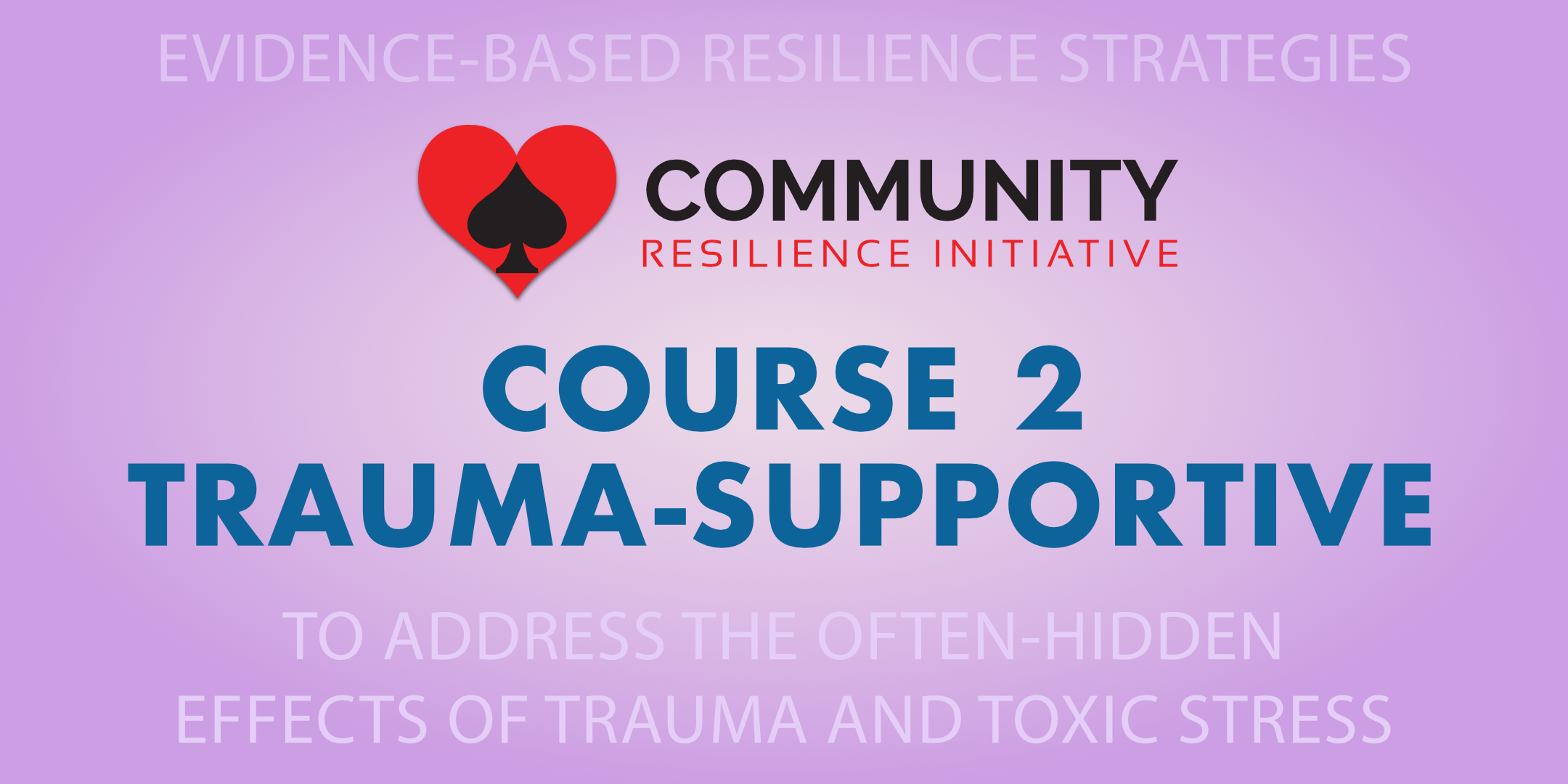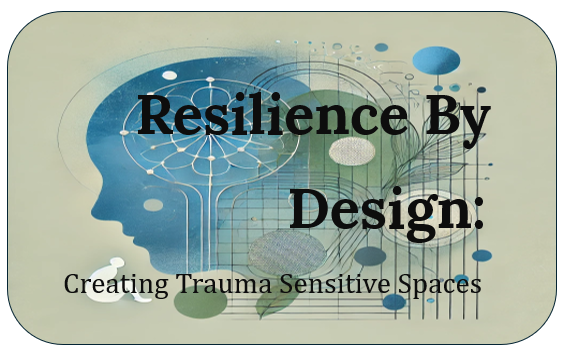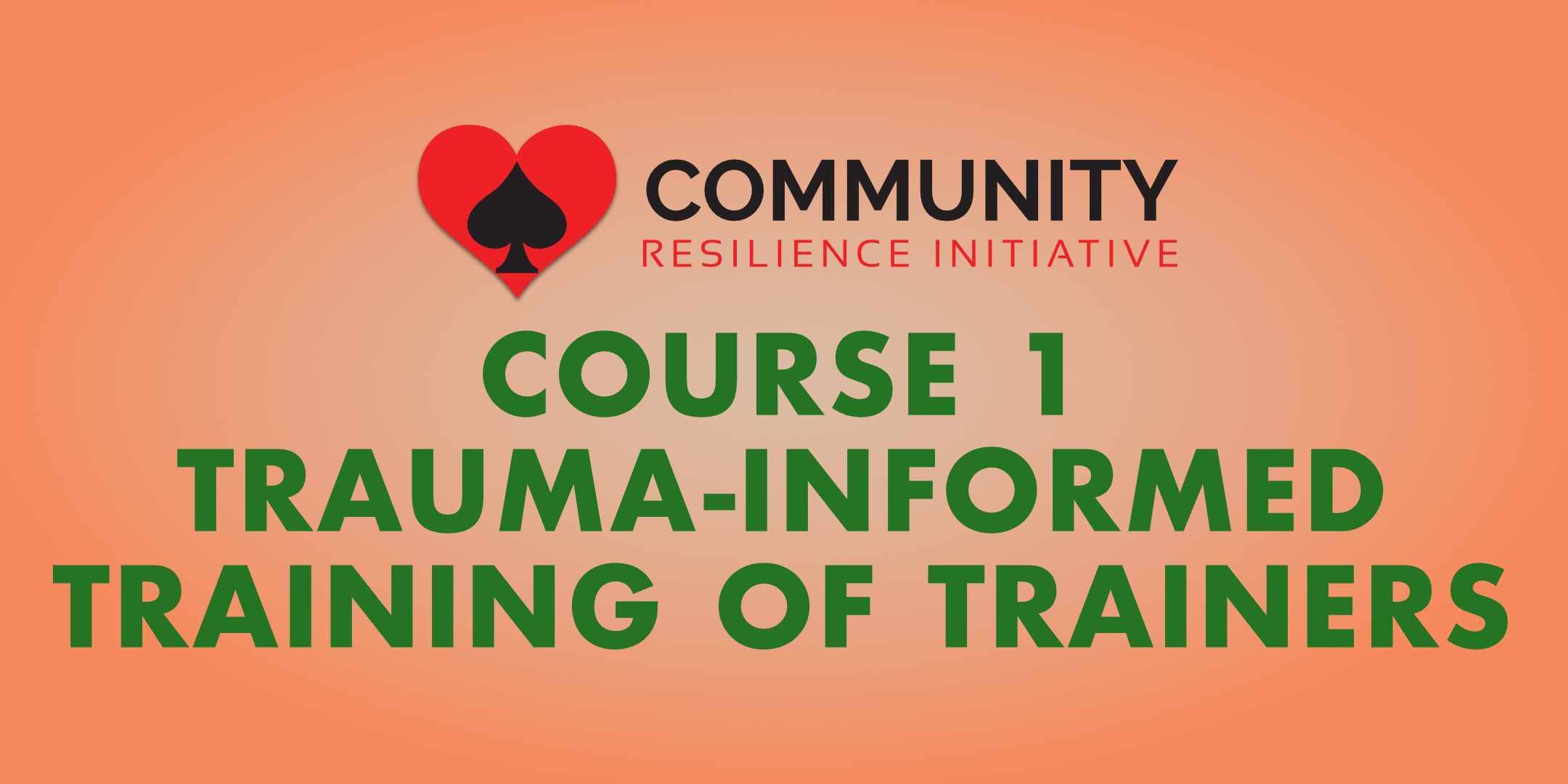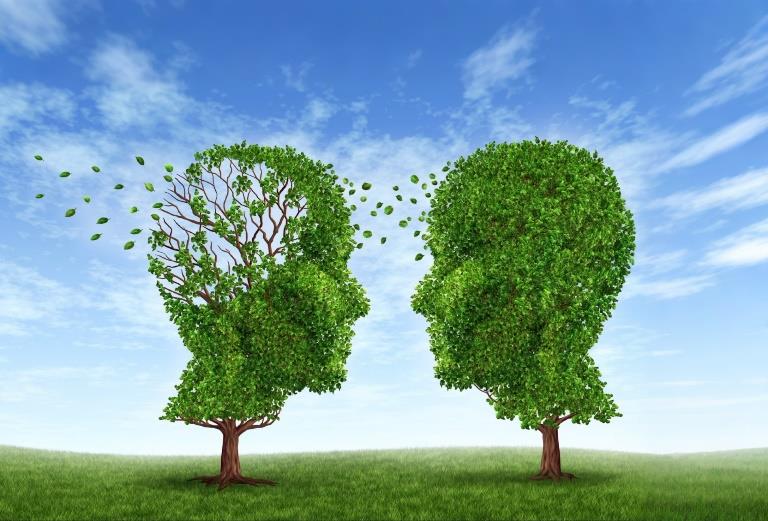Community Resilience Initiative
This course is held live virtually over zoom on
May 13th and June 10th, 2025 9:30 am - 12:30 pm Pacific Standard Time
A dynamic 2 part six-hour LIVE WEBINAR course will help to transform your organization, classroom, or family through resilience-based strategies. Using trauma-informed principles, the course teaches individuals to systematically create the positive environment that is essential to lasting success.
Attendees will learn more than 30 strategies and promising approach utilized by some of the nation’s finest trauma-informed practitioners. This will include strategies to:
- Build a positive culture in the classroom, office, or the family
- Foster resilience through affirming communication
- Create effective regulation skills
- Deliver compassionate and empowering discipline
- Teach others about their own trauma and stress response
- Develop trauma-informed conflict resolution skills
***Attendees for Course 2 must have taken CRI’s Course 1.

- Teacher: Rick Griffin
This course will take place virtually live over zoom on June, 3 from 12:30pm to 3:00pm PST.
This course explores design theories and key elements essential for creating Trauma-Sensitive spaces that foster healing and well-being. Whether designing supportive environments for organizations, clients, staff, or personal spaces, you will learn practical strategies to integrate design principles that promote comfort, safety, and wellness.
Group rates available upon request. Please reach out to info@criresilient.org to request pricing information.
**This course earns 2.5 SHRM (Society for Human Resources Management) credits. A completion certificate will be awarded at the end of the course**

Community Resilience Initiative is recognized by SHRM to offer Professional Development Credits (PDCs) for SHRM-CP® or SHRM-SCP® recertification activities.
This can be verified on the DCYFMERITwebsite at: https://apps.dcyf.wa.gov/MERIT/

- Teacher: Penny Capko
This course will take place virtually live over zoom on May, 9th, and 10th, from 9:00am to 12:30pm PST.
Trauma-Informed Certification Training for Trainers prepares individuals to conduct CRI’s Trauma-Informed Certification Program, Course 1 in his or her organization or agency. Attendees learn to deliver material consistent with relevant research. Receive training tips to present everything from the N.E.A.R. Sciences, Brain States, and CRI’s signature R.O.L.E.S. Training; a research-based approach to responding to trauma. This acclaimed training for trainers also introduces individuals to ECTcellence, a trauma-informed instructional framework to guide the learning process.
***Attendees for Course 1 Trauma-Informed Training of Trainers must have taken CRI’s Course 1 on Demand.

- Manager: Penny Capko
This course will be held live over Zoom on:
Monday June 2 and 9 from 9:00 AM to 12:00 PM PT
Course Description
Moving From Trauma-Informed to Healing Centered Practices
This course will be available on demand during and after the course has been completed for all attendees via zoom recording for 1 full year after the last session.
When stress becomes prolonged or intense (trauma), the body and brain enter a stress-based state. This can lead to ongoing stress symptoms like trouble sleeping, anxiety, depression, digestive issues, chronic tension, stress-related ailments, or learning challenges. These effects can have a cascading impact across the lifespan.
Healing-centered practices help the body and brain return to a balanced, restorative, or high-performance state. Central to this process is the care of the brain, nervous system, and stress-related patterns held in the muscle memory. Advances in neuroscience and epigenetics inspire powerful habits to relieve stress and improve well-being.
Course Objectives:
- Integrate healing-centered and restorative practices into trauma-informed care.
- Experience simple ways to take care of your brain and central nervous system in order to feel better and be at your best throughout the day.
- Grow understanding of the connection between stress and disease and the importance of stress-relief practices.
- Create muscle memories that support optimal functioning of your brain, heart, and lungs.
- Activate and strengthen your social engagement and learning systems.
- Experience co-regulation in action and the power of mirror neurons.
- Develop a mindset and habits to support your goals.
- Gain actionable insights to boost your health at the cellular level.
- Recognize the deep connection between culture and healing.
Module 1- Framing the Move and Setting the Foundation: N.E.A.R. Science gives us a strong foundation to move toward healing centered practice. (Neuroscience, Epigenetics, ACEs and Resilience)
Module 2 – Your Body’s Protective Mechanisms and Support Systems: Get to know how your nervous system and body adapts when there is stress or a perception of threat. Activate your built-in support systems to empower and restore your brain and body.
Module 3 – Social Engagement, Learning, and Co-Regulation: Discover strategies to activate your social engagement systems and your superpowers of co-regulation. Access more creativity and whole brain intelligence.
Module 4 – Moving Towards Health and Thriving: We know a lot about how our bodies work and thrive. Epigenetics for everyone insights help you ignite your health at a cellular level.

- Manager: Teresa Posakony
